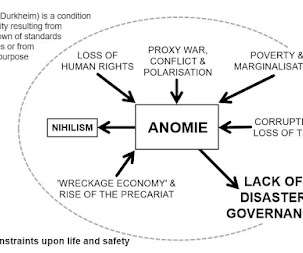State of the Nation - a UK Perspective on Covid-19
Disaster Planning and Emergency Management
OCTOBER 23, 2020
There were major exercises on pandemics in 2005, 2007 and 2016. Plans were made in the UK in 2006, 2008, 2011 and 2014. No country other than the UK has spontaneously abandoned its basic law on emergency management (in this case the Civil Contingencies Act of 2004).












Let's personalize your content